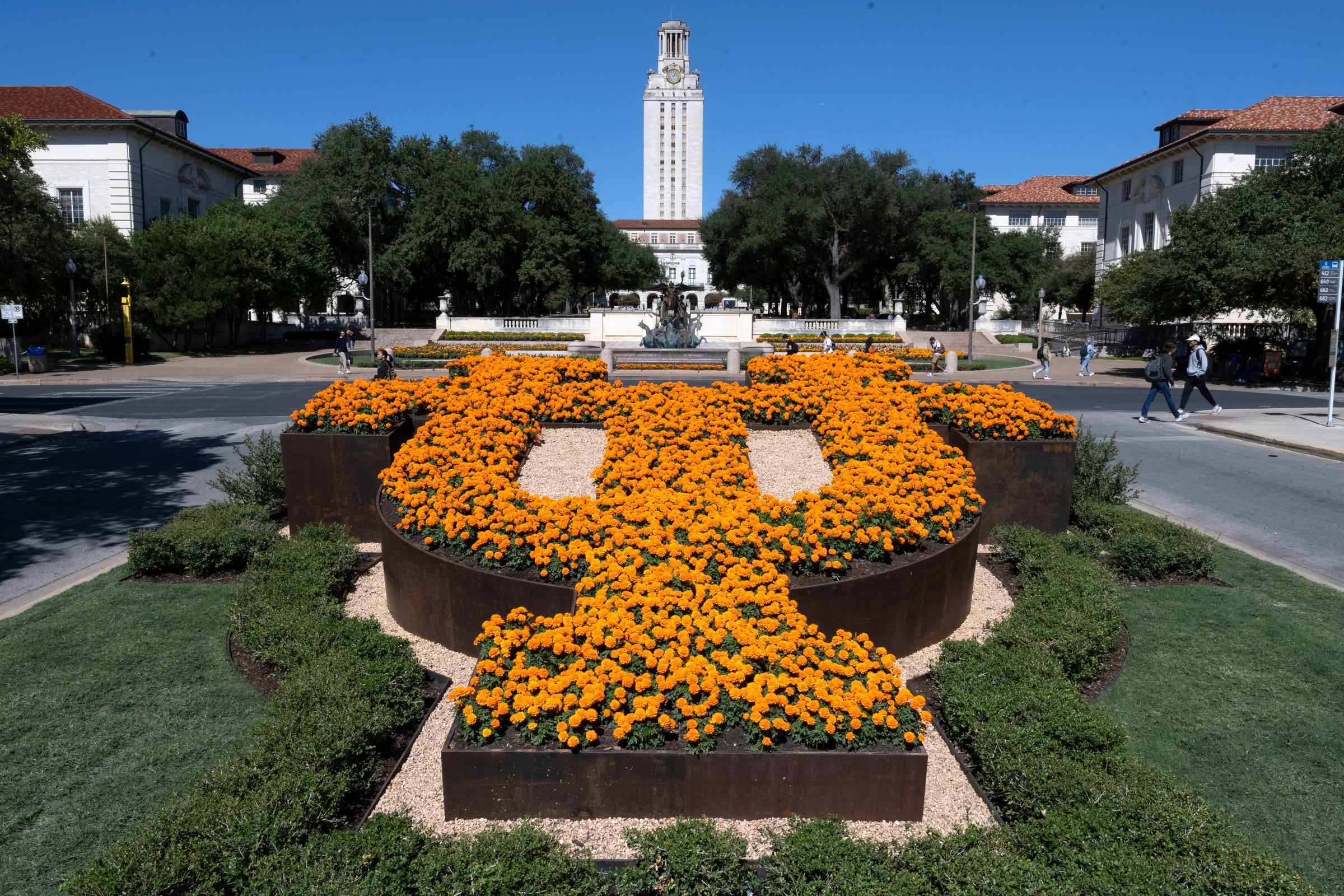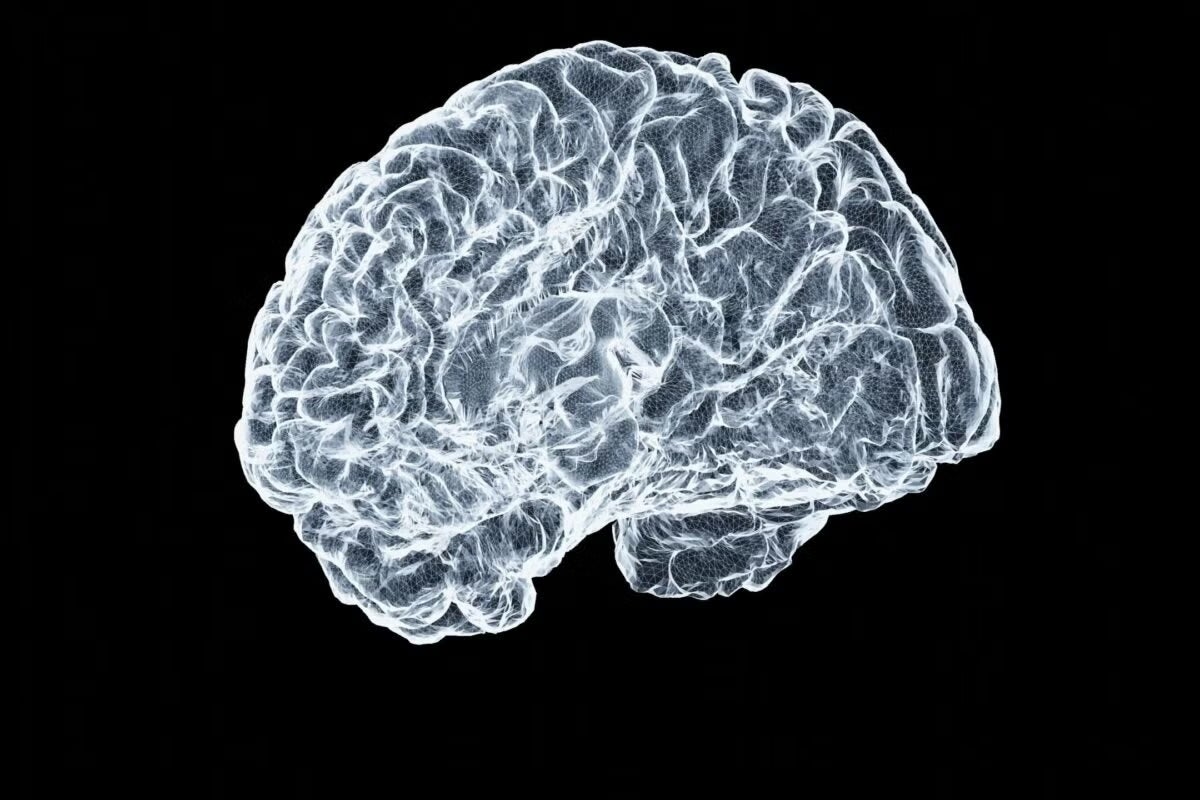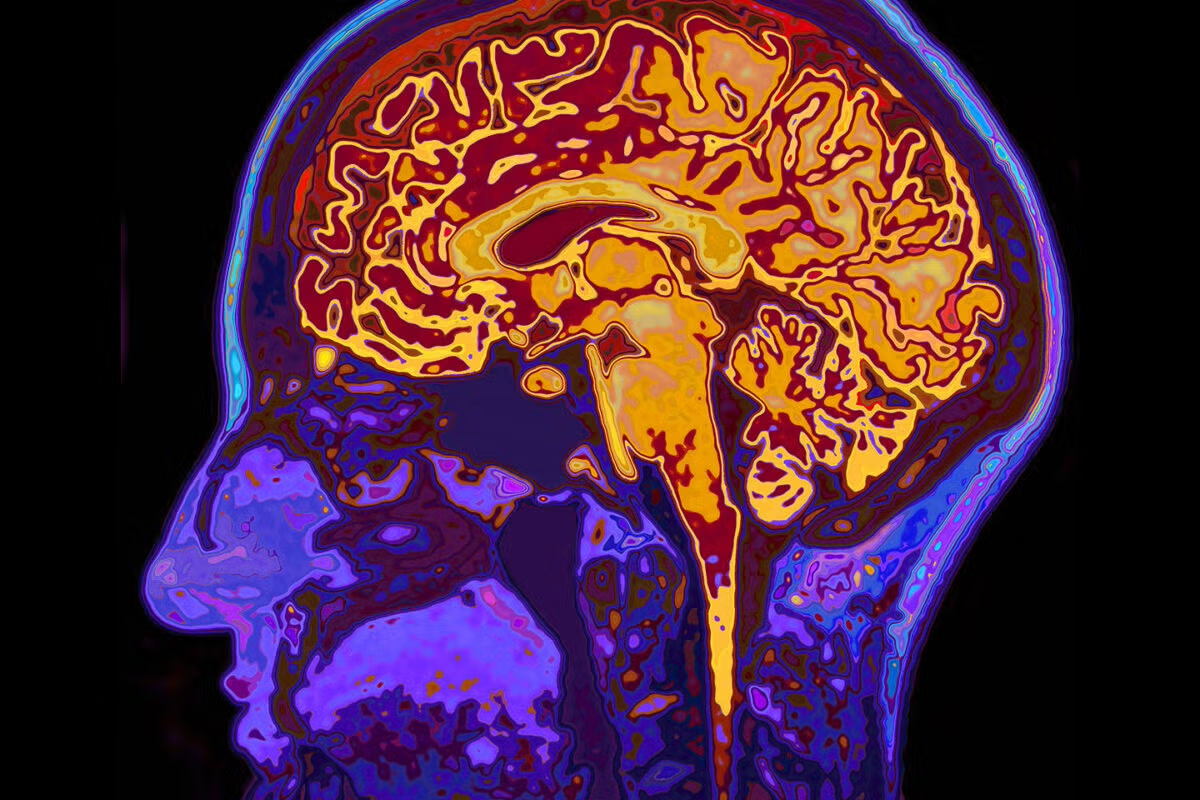Neuroscience professor wins NSF CAREER award
Laura Colgin studies the relationship between brain waves and memory during sleep.

Laura Colgin, an assistant professor in the Department of Neuroscience, has received the Faculty Early Career Development (CAREER) Award from the National Science Foundation to pursue her research on the relationship between brain waves and memory during sleep.
In her new project, titled "Role of slow and fast gamma rhythms during sleep," Colgin will use state-of-the-art technology to decipher the brain's electrical signals into readable information. She will use this information to understand how different brain areas communicate during different stages of sleep, and especially whether this communication is consequential or random.
"Dreams often contain surreal or bizarre elements, but it might be that meaningful messages are activated in particular brain areas," Colgin says.
She also aims to understand more about memory consolidation, the process of strengthening important memories and letting going of unimportant details, during sleep. She plans to use what she discovers through this research to create brain-machine interfaces that advance human intelligence.
"When something is on the tip of your tongue, that information is certainly in your brain, but sometimes you can't access it because of pathology or just normal aging," says Colgin. "If we could decipher brain signals and transfer them to a computer, we would have access to more information than we can consciously access."
Colgin also plans to use the grant money to educate students about brain waves and their implications in research. She is planning to start a summer camp where junior high students can learn about how neurons code information. She also wants to add a brain waves module to certain undergraduate biology labs. In these labs, students will be able to carry out original experiments involving brain waves from slices of tissue, using a technique similar to what Colgin used to study brain waves during her PhD.
Colgin has enjoyed watching her field of interest rise in prominence over the course of her career.
"When I first started my PhD, brain rhythms were not a very popular topic," Colgin says. "As the years have gone on, more and more people believe these rhythms are functionally important and not just background hum."



